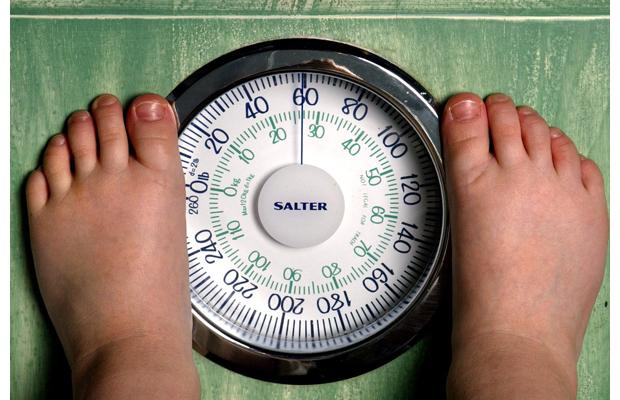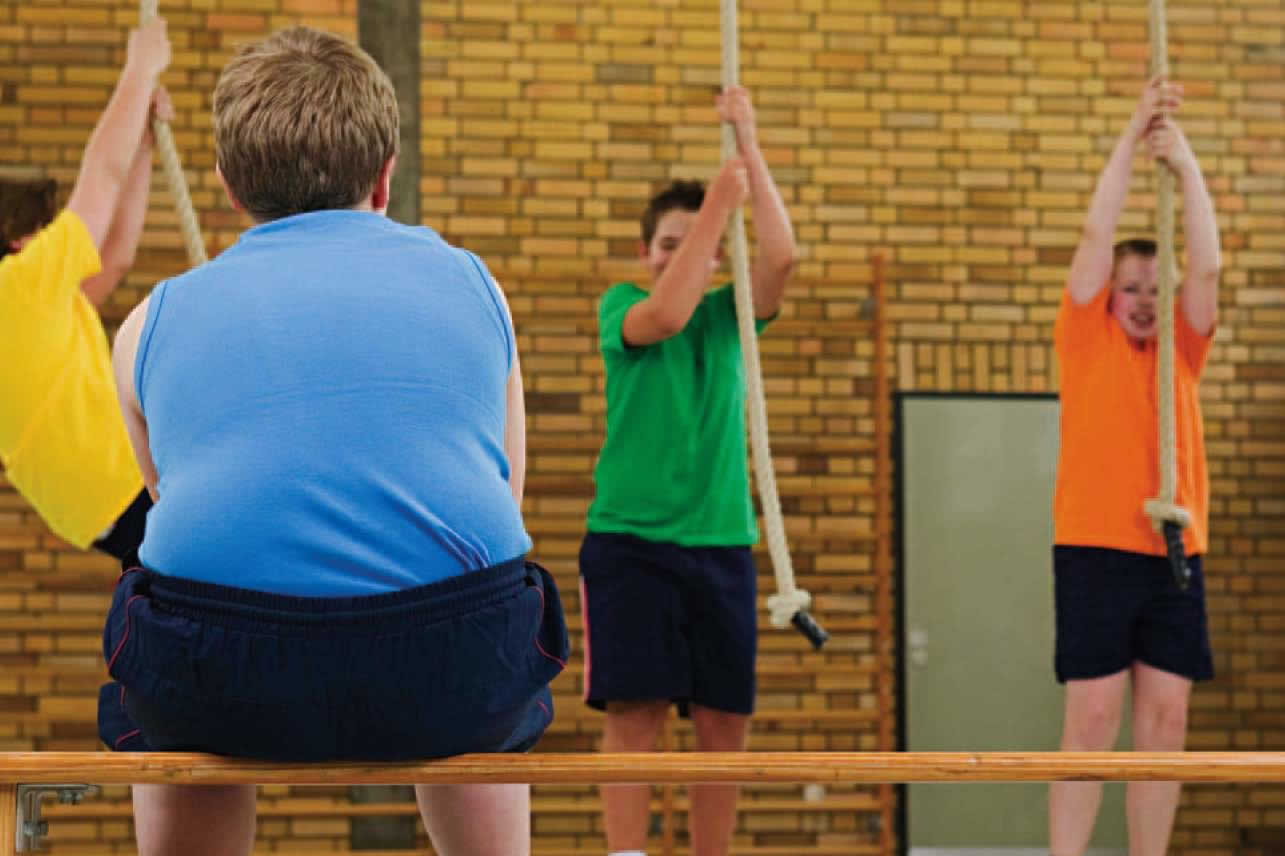A recent study by the JAMA showed that more than two thirds of Americans around the age of twenty five are obese. UK reports that one in ten children face childhood obesity in kindergarten and the number is one in five by the time they hit school. The numbers in India may not be as alarming, but medical research institutes predict that they will be dangerously close to their Western counterparts in the next decade. A latest report by The Times of India reiterates this fact. India is already the third most obese country in the world. “Latest estimates show prevalence of obesity among adolescents (13-18 years) has grown from 16% to 29% over the last five years,” the report says.

So while adult obesity is a cause for growing concern, the more worrisome news is that children under the age of 13 are showing early and urgent signs of obesity. The equation is fairly simple. Obese kids grow up into obese adults. Obese adults pass on their condition to their kids and it multiplies. Childhood obesity is the numero uno cause for Type 2 diabetes.
So even as Bill Clinton’s foundation celebrates ten years of fighting childhood obesity, we take a look at the reason why we should be more worried about our child’s growing weight and the ways to fight it.
How do you tell if your child is obese?
The BMI (Body Mass Index) is usually the surest way to diagnose obesity. A BMI close to 85 percentile is generally considered as a sign of overweight and when the figure touches 90, the condition is obesity. Consult a doctor and get your child’s BMI checked promptly.
What are the main causes of childhood obesity and how do we counter them?
Genetics:
Obesity is often carried from parents to the child. So if you have a weight problem, you may need to worry about raising an unhealthy child. Follow a strict diet and exercise regime as recommended by your doctor in case of pregnancy while overweight. Control your maternity weight if you’ve previously had weight issues. The baby starts developing premature tendencies while already in the womb.
Exercise:
Children have started getting lesser time to exercise. Video games have replaced outdoor games and iPads and phones have become an inseparable part of their lives. Encourage your child to go out and play for at least an hour a day. Take a short walk with him/her daily, even if it is for 10 min. Take trips to the nearest grocery door but leave the car behind. Sign him/her up for a class like karate,swimming or tennis where he will get plenty of exercise and have fun too. If you can, find him a buddy to these classes.
Food:
Start your child on a nutrition diet. Buy him smaller plates and eat four small meals rather than two large ones. Cook in more and prepare healthy home-cooked meals regularly. Because you and your partner are working late so often is it easy and understandable to order in pizza or opt for Chinese takeaway. But suspend these fast foods for a while. Get your child used to eating at home, so that a pizza is a rare occasion. Swap your cookie jaw with a bowl of fruits.
Liquids:
Sodas, iced teas and milkshakes consist of heaps of sugar that is unhealthy for your child. Clear these items from your child’s diet. Replace them with low fat milk, water and fresh fruit juices.
Home and environment:
Children usually try and imitate the lifestyles that they see their parents enjoying. If you order in every week, or sit before the television set while having dinner, they will get used to it very quickly. Eat every meal with your child at a dinner table. If you’re asking your child to forget candy and eat more fruit, help him by following your advice. Encourage him to help prepare one meal with you every week. Enforce positive reinforcement while your child’s diet and lifestyle is undergoing change. Studies show that children who are made to feel unhealthy and horrible about their weight often rebel against weight loss. Explain to your child that his weight is not what defines him, but why he needs to be healthy.
The piece of advice that doctors often give to parents is to not overlook their child’s weight issues. Even if you think your child is only slightly overweight, with the lifestyle that adults and kids are living these days will only increase his chances of obesity. So hold off the pizza and hamburgers for a while, and decide to choose a healthy life for your child.



I have two son (1) age 13 years and 2nd 9years weight 27 and 17kg only I am very upset my children’s weight